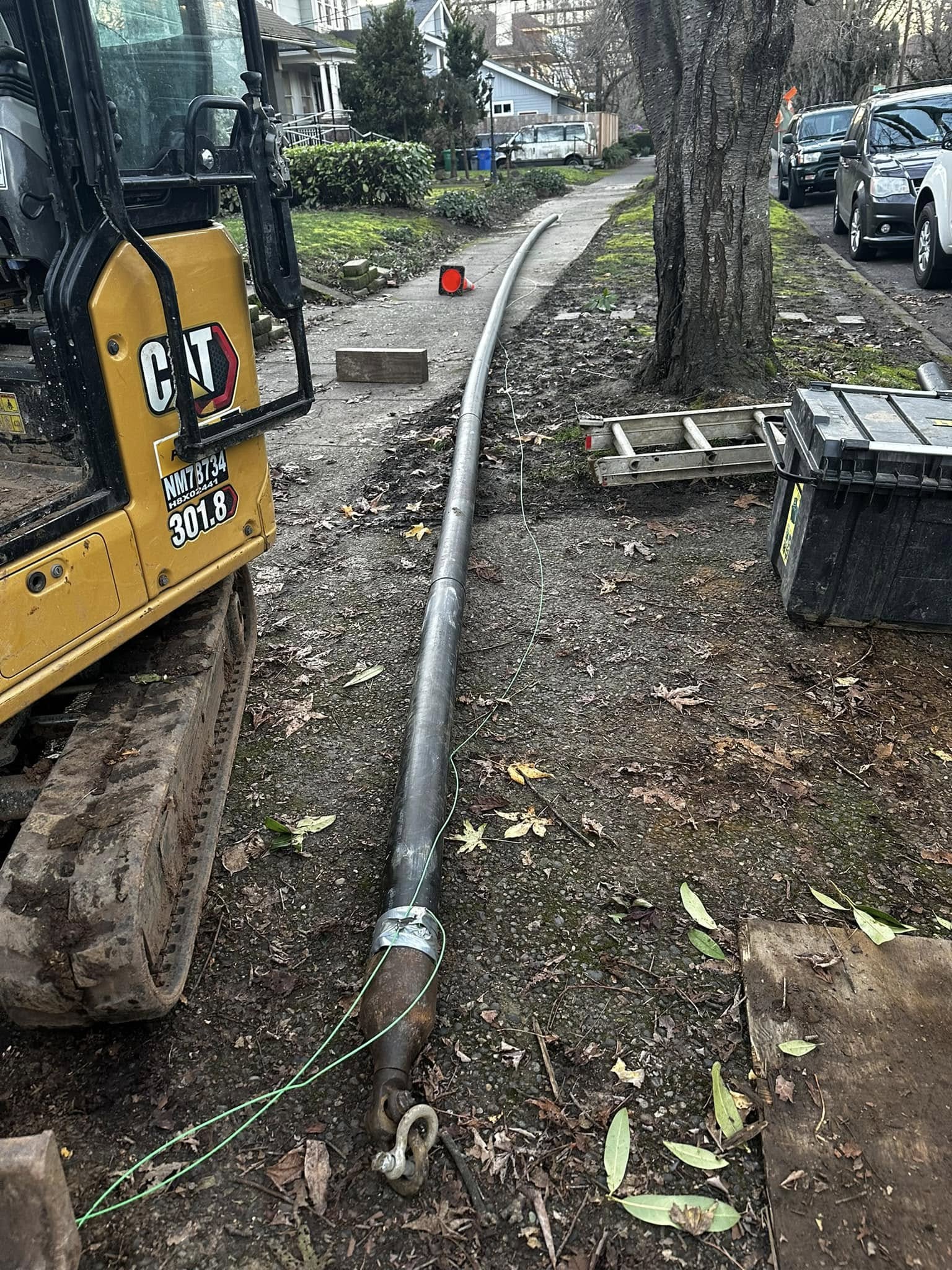
Comparing Different Types of Septic Systems: Which One is Right for You? Nov 09, 2025
Septic systems are essential for treating and disposing of wastewater on properties without access to public sewage lines. The most common type many people are familiar with is the conventional septic system. This system typically consists of a septic tank and a leach field, also known as a drain field. The tank collects solids and grease, while the liquid effluent is naturally treated as it percolates through the soil in the drain field. This system is generally suitable for properties with enough land space and good soil conditions. However, it's not the only option available.
If your property has poor soil conditions or insufficient space for a conventional drain field, you might consider an alternative septic system such as an aerobic treatment unit (ATU). Much like a mini wastewater treatment plant, an ATU introduces oxygen into the treatment tank to facilitate the aerobic digestion of organic materials. This process results in a higher quality effluent and can be a more suitable choice for environmentally sensitive areas.
Another alternative is the chamber system, which replaces the conventional gravel drain field with a series of connected chambers. These systems are particularly useful for properties with high water tables or clay-rich soil. The chambers provide greater surface area and a more flexible layout design, making them easier to install in challenging terrain.
For homeowners with limited land space or challenging sites, mound systems offer an effective solution. This type of system constructs an elevated drain field installed above the natural surface of the ground. Mounds are particularly effective for areas with high groundwater levels or shallow soil depths. However, they do require more maintenance compared to other systems.
Drip distribution systems are a variation often used when minimal space is available. These systems utilize tubing to distribute effluent over a large area, typically under a layer of topsoil. They can be integrated into both hilly and flat terrains, using small doses of effluent applied regularly to prevent overwhelming the soil.
When choosing a septic system, it's important to consider factors like your property's soil type, groundwater levels, and available space. Other considerations include legal regulations and cost implications for each system type. Collaborating with professionals in septic services, like Mountain View Services, can provide valuable insights and ensure that your system is both efficient and compliant with local regulations.
In conclusion, selecting the right septic system involves understanding your property's unique characteristics and legal requirements. Whether you go with a conventional system or an innovative alternative, ensuring a proper fit will lead to longevity and efficiency in wastewater management. By making informed decisions, and with the support of experts, you'll maintain a well-functioning system that protects both your home and the surrounding environment. Reach out to Mountain View Services today to discuss which system best suits your needs, ensuring lasting value and peace of mind.
/filters:no_upscale()/media/69754f1f-ff74-4d31-92af-da058faceae6.jpeg)